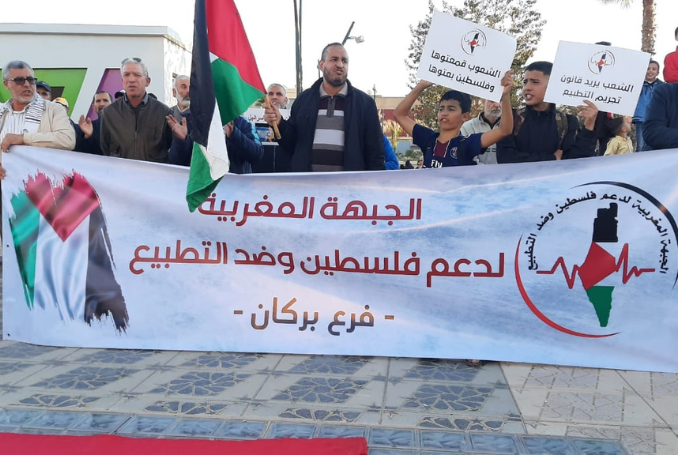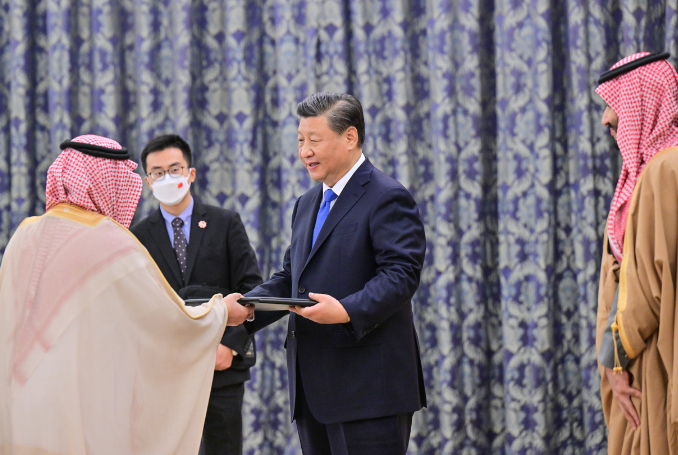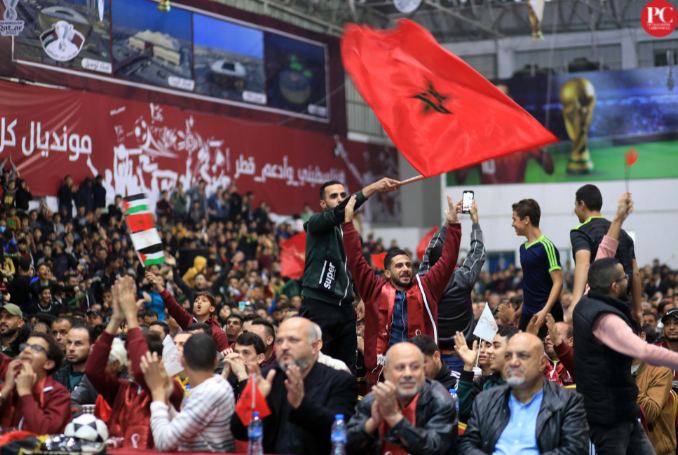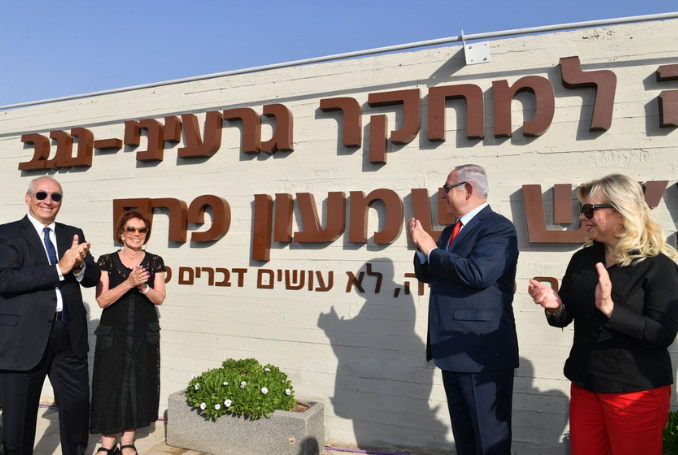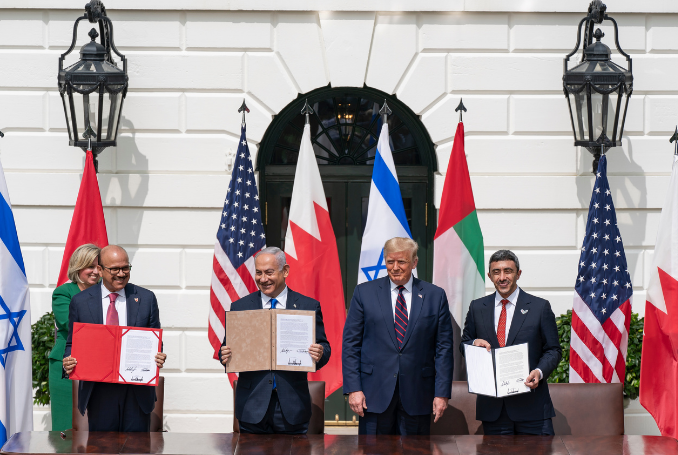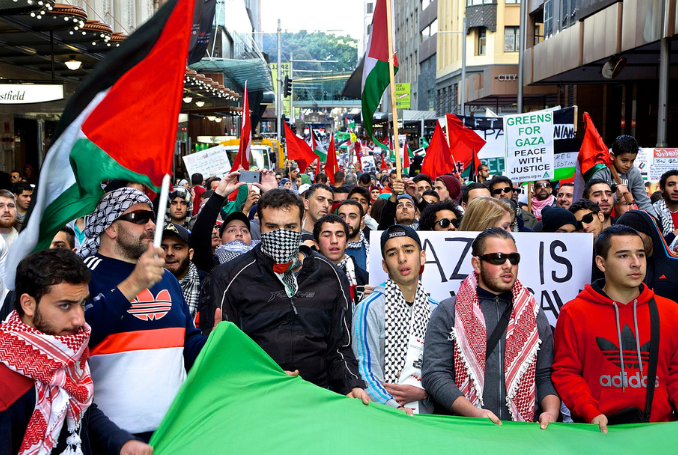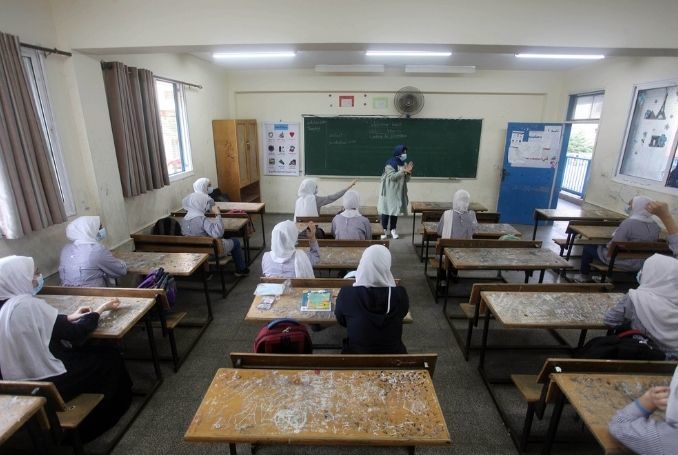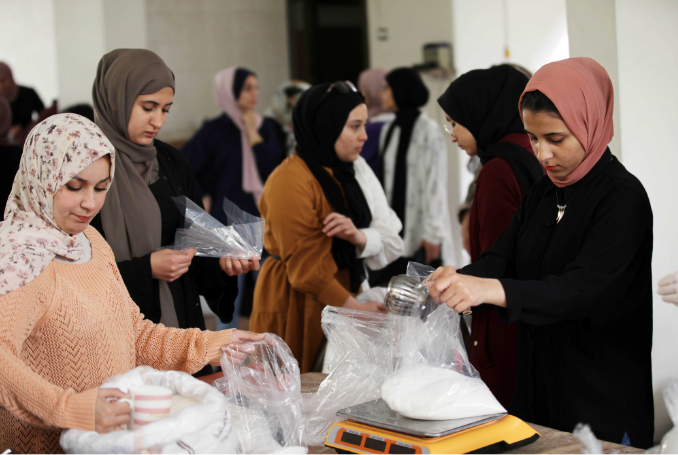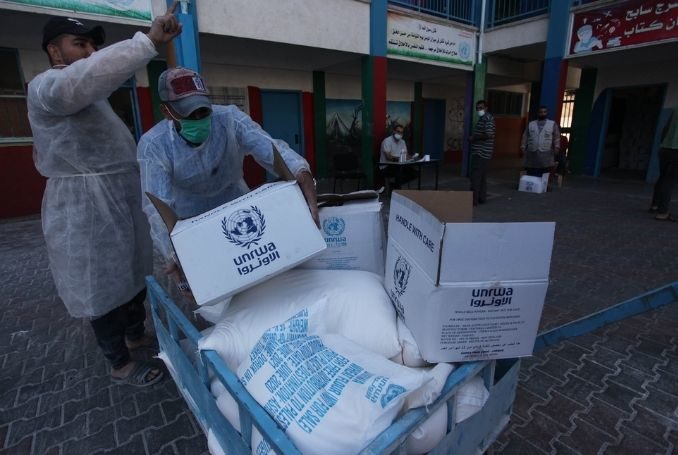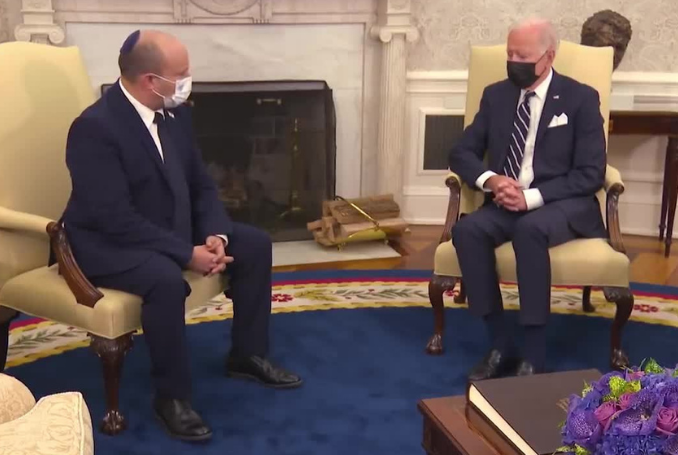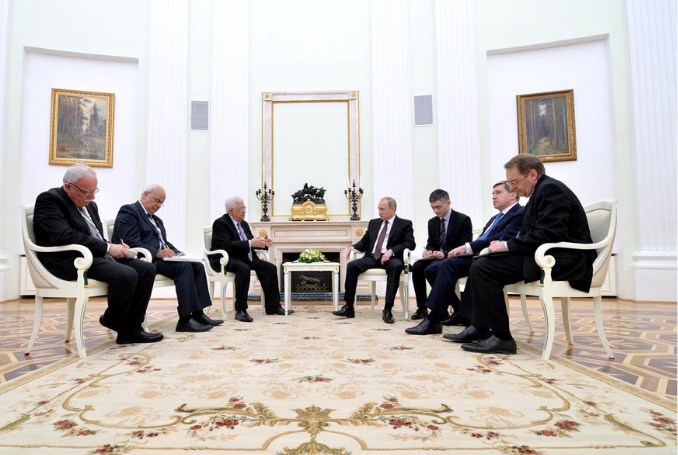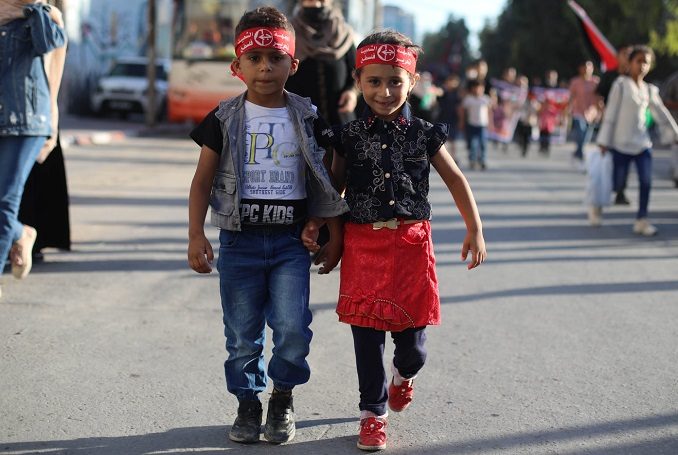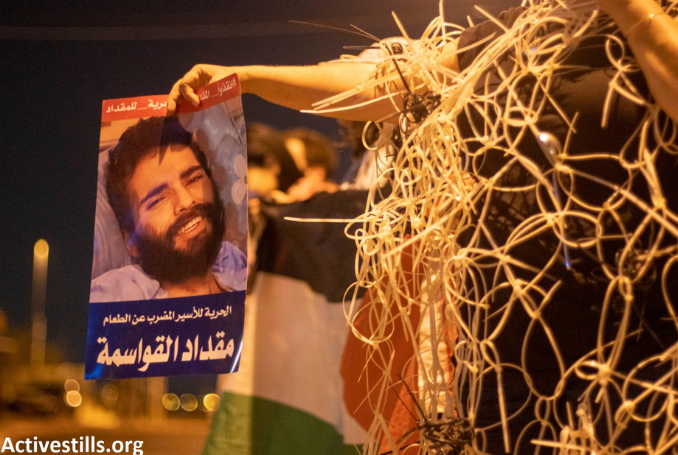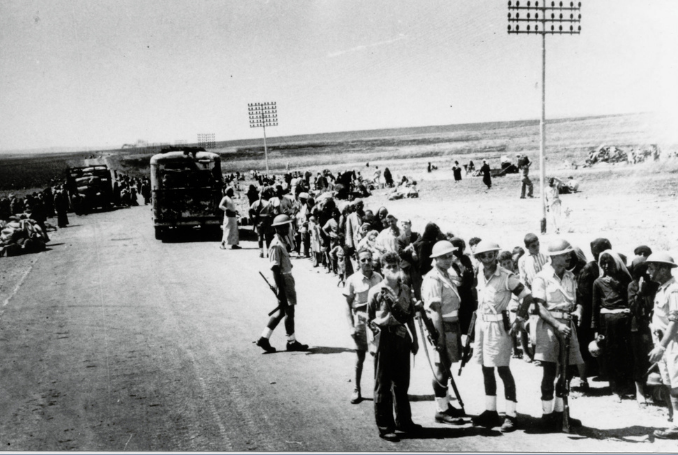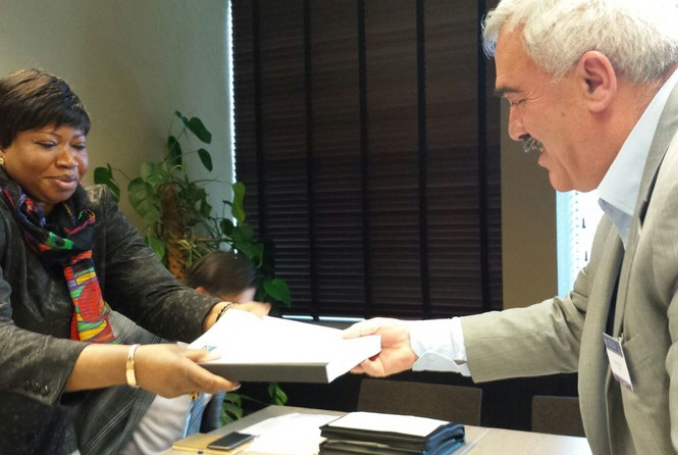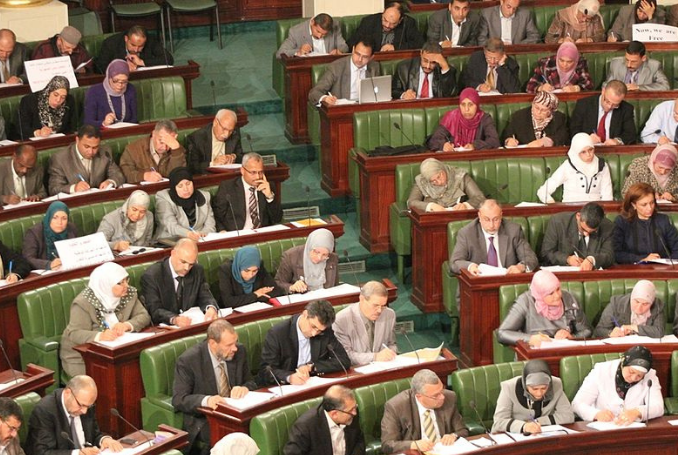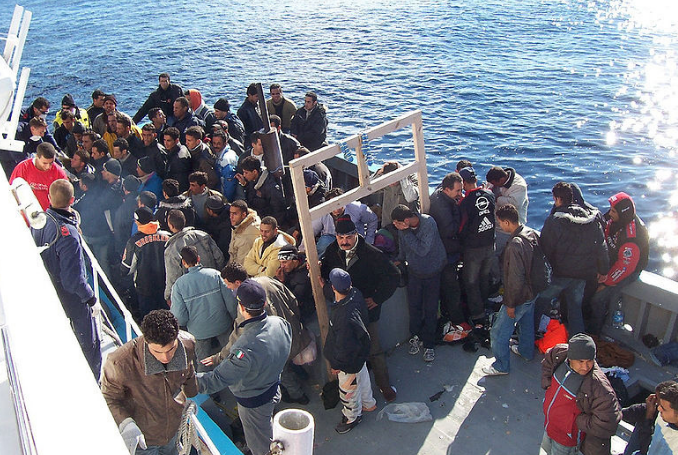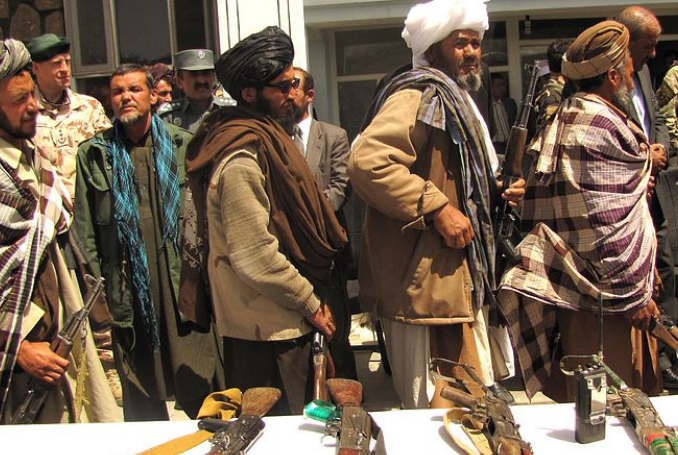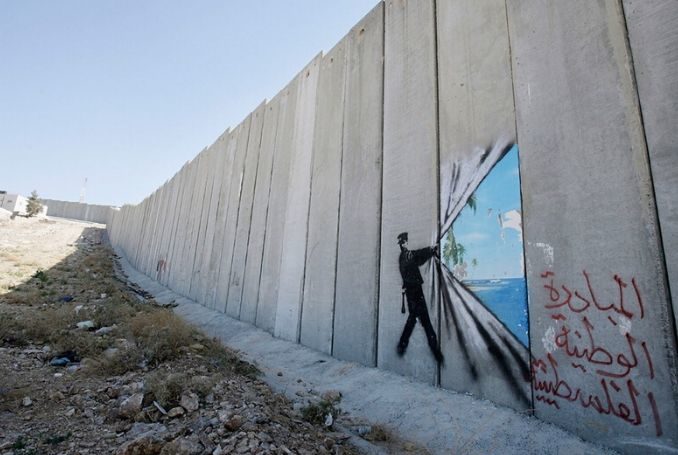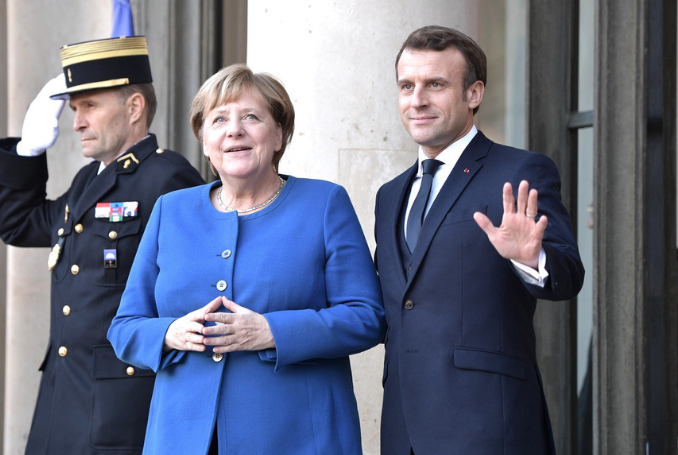- May 30, 2025
Middle East
The Price of Betraying Palestine: Moroccans Challenge Normalization with Israel
The fact that Moroccans are mobilizing in large numbers against their country’s normalization with Israel only two years after the agreement is a sign of things to come.
Xi’s Visit and the Future of the Middle East: China-Arab Ties are Permanent
It would be unfair – in fact, misguided – to suggest that large political entities like China and Arab countries combined are shaping their foreign policy agendas, thus staking their futures, on knee-jerk political reactions to the attitude of a single American President or administration.
The Political Side of the World Cup: How Palestine United the Arabs
For them, Palestine is not an external cause, and their cheers are not simply an act of solidarity. For them, Palestine and Morocco are synonymous, describing the same collective experience of defeat, struggle and, ultimately, victory.
The ‘Begin Doctrine’: World Must Force Israel to Dismantle Its Nuclear Arsenal
It behooves everyone, Washington included, to join the rest of the world in finally forcing Israel to join the Non-Proliferation Treaty, a first but critical step towards long-delayed accountability.
From Ally to Enemy: Australia Hammers Final Nail in US ‘Deal of the Century’
In the final analysis, it has become clear that the ‘Deal of the Century’ was not an irreversible historical event, but an opportunistic and thoughtless political process that lacked a deep understanding of history and the political balances that continue to control the Middle East.
Without Palestine, There is No Arab Unity: Why Normalization with Israel Will Fail
Historically, such attempts have failed, and often miserably so, as apartheid Israel remains as hated by those who normalized as much as it is hated by those who have not.
The Shameful UN ‘List of Shame’: Equating between the Israeli Perpetrator and the Palestinian Victim
This is not what Palestinians are expecting from the United Nations, an organization that supposedly exists to end armed conflicts and bring about peace and security for all.
Worsening Chaos: Israel’s Political Instability is Now the Norm
For Israel to change, a language of peace and reconciliation would have to replace the current atmosphere of incitement and war.
Cultural Warriors: Why Palestine’s Sports Victories Should Inspire Us
It is the spirit of these valiant cultural warriors that continues to guide the Fida’i in their struggle for recognition, their fight for dignity and their quest for glory.
Rewriting UNRWA: The US-Israeli Plan to Cancel out the Palestinian Right of Return
If Palestinian refugees are removed from the list of political priorities concerning the future of a just peace in Palestine, neither justice nor peace can possibly be attained.
Cost of the Ukraine War Felt in Africa, Global South
While it is important that we acknowledge the vast changes to the world’s geopolitical map, let us not forget that millions of people are going hungry, paying the price for a global conflict of which they are not part.
For Palestinians, Food Insecurity is Now an Existential Threat
A serious conversation involving Palestinians, Arab countries, the United Nations Food and Agriculture Organization and other parties must take place to discuss and resolve Palestine’s food insecurity.
From Korea to Libya: On the Future of Ukraine and NATO’s Neverending Wars
Though military invasions must be wholly rejected, whether in Iraq or Ukraine, turning Ukraine into another convenient zone of perpetual geopolitical struggle between NATO and Russia is not the answer.
Can Israel Exist without America: Numbers Speaks of a Changing Reality
The fight against Israeli occupation and apartheid can no longer be disproportionately focused on breaking up the ‘special relationship’ that united Tel Aviv and Washington for over 50 years.
Weathering the Global Storm: Why Neutrality is Not an Option for Palestinians
Common sense dictates that Palestinians must develop a unified front to cope with the massive changes underway in the world, changes that will eventually yield a whole new geopolitical reality.
On Palestine’s Everyday Victories: Why Israel is No Longer the Exception
Israel is not the exception, and like other colonial, apartheid regimes, it will eventually collapse, paving the way for a possible future where Palestinian Arabs and Israeli Jews can coexist as equals.
Instead of Freeing Palestinian Prisoners, New Scheme Aims at Punishing Their Families
Maybe the discussion should also be expanded to include the freedom of all Palestinians who are experiencing their own forms of imprisonment by Israel.
As Israel Plots Endgame in Occupied Golan, Bennett Must Remember Lessons of the Past
All popular Palestinian uprisings of the past were initiated at times when Israel assumed that it had the upper hand, and that people’s resistance has been forever pacified.
Why is Israel Amending Its Open-Fire Policy: Three Possible Answers
It is true that Israel operates outside the minimum standards of international and humanitarian laws, but it is the responsibility of the international community to protect Palestinians, whose lives remain precious even if Israel disagrees.
‘Previously Unknown Massacres’: Why is Israel Allowed to Own Palestinian History?
It is time that those who have paid far more attention to the Israeli narrative abandon such illusions and, for once, listen to Palestinian voices, because the truth of the victim is a wholly different story than that of the aggressor.
Why the Palestinian Voice Should Take Center Stage
Without that genuine and engaged Palestinian intellectual, the world’s priorities will continue to gravitate towards Israeli priorities, towards US interests and their subsequent fraudulent language about ‘peace,’ security’ and such.
Banning of Palestinian NGOs: How Israel Tries to Silence Human Rights Defenders
Though it is ultimately the people who liberate themselves, international solidarity is essential to the process of national liberation. This was the case in South Africa, and will surely be the case in Palestine, as well.
Political Islam and Democracy Crisis in North Africa
While the Justice and Development Party, Ennahda and other Islamic parties have much reflection to do, we ought to remember that the future is not shaped by deterministic notions, but by dynamic processes which constantly produce new variables, thus results. This is as true in North Africa as will always prove to be true in the rest of the world.
Heroes or Parasites: Europe’s Self-serving Politics on Refugees
While we are busy manipulating language, there are thousands who are stranded at sea and hundreds of thousands languishing in refugee camps worldwide. They are only welcomed if they serve as political capital. Otherwise, they remain a ‘problem’ to be dealt with – violently, if necessary.
The Untold Story of Why Palestinians Are Divided
In post-Abbas Palestine, Palestinians must reflect on this tragic history and, instead of aiming for easy fixes, concentrate on finding common ground beyond parties, factions, clans and privilege.
On Afghanistan and Legitimate Resistance: Should Hamas, Hezbollah Learn from the Taliban?
The victory of the Taliban will extend well beyond the borders of Afghanistan, breaking the limits imposed on the discussion by western-centric officials, media and academia, namely the urgently needed clear distinction between terrorism and national liberation.
From the ‘Iron Wall’ to the ‘Villa in the Jungle’: Palestinians Demolish Israel’s Security Myths
Until Israel abandons its foolish ‘security’ fantasies, there can never be true peace in Palestine, neither for the occupied and oppressed Palestinians, nor for the Israeli occupiers.
Following Afghanistan Defeat: Can EU Win Own ‘Independence’ from the US?
Macron’s once ‘controversial’ view is now mainstream thinking in Europe, especially as many EU policy-makers feel disowned, if not betrayed, by the US in Afghanistan.
Hashtag ‘Untie_Our_Hands’: How Many More Palestinians Must Die for Israel’s ‘Security’?
Considering the disproportionate number of Palestinian casualties which, at times, push Palestinian morgues in Gaza to full capacity, it is inconceivable what Israeli soldiers, army generals, and politicians want exactly when they speak of ‘untying their hands’.
On Propaganda and Failed Narratives: New Understanding of Afghanistan is a Must
Afghanistan is now in urgent need of a government that truly represents the people of that country. This is the true national narrative of Afghanistan that must be nurtured outside the confines of the self-serving Western mischaracterization of Afghanistan and her people.


